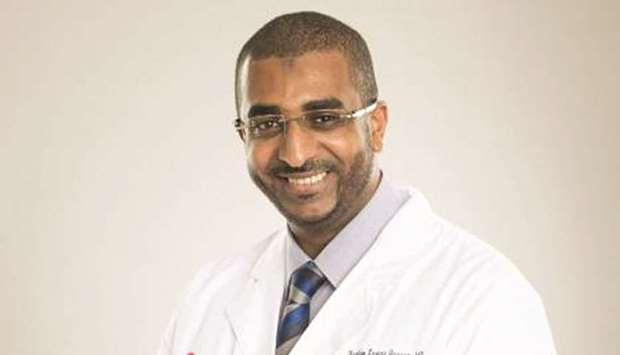Since
its introduction across Hamad Medical Corporation (HMC)’s network of
hospitals two years ago, the Qatar Early Warning System (QEWS) has had a
real impact on patient care and reduced unplanned visits to the
Intensive Care Unit.
The QEWS is a standardised approach to
categorising a patient’s severity of illness, using a scoring system
that prompts medical intervention at specific trigger points.
The
system, which is adapted from an Australian model, acts as a safety net,
identifying clinical deterioration in a patient’s condition and
prompting specific action.
The importance of the early warning
scoring system is underscored by the high number of patients cared for
at Hamad General Hospital’s Intensive Care Unit (ICU), which receives
upwards of 1,500 patients each year.
Approximately 900 patients classified as critical trauma cases are also received at the ICU each year.
According
to Dr Ibrahim Fawzy Hassan, who is the director of the Medical
Intensive Care Division and deputy medical director of the Ambulance
Service, the QEWS was developed to help clinical staff recognise
deteriorating patients before they become very sick.
He said that its implementation at HMC has had a real and meaningful impact.
Dr
Hassan says the early warning system, combined with trained rapid
response teams, has substantially improved patient care and reduced the
number of unplanned ICU admissions.
“Early warning scoring systems
like the QEWS are widely used in hospitals around the world to track
patient deterioration and to trigger escalations in clinical monitoring
and rapid response,” he said.
The early warning scoring system, which
was introduced across eight HMC hospitals in November and December
2015, follows a definitive escalation plan that prompts nursing staff to
request a medical review at specific trigger points, utilising a
structured communication tool and common language.
“The system
involves monitoring a patient’s vital signs to identify their likelihood
of deteriorating,” Dr Hassan said. “Should a patient show signs of
deteriorating, the system triggers a warning so that care can be
escalated.”
“The system is being used across all HMC tertiary and
general hospitals and has delivered substantial benefits to patients,”
he added.

Dr Hassan: The system ... has delivered substantial benefits to patients.
